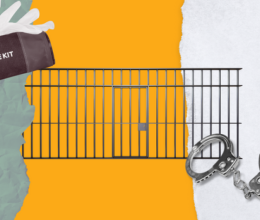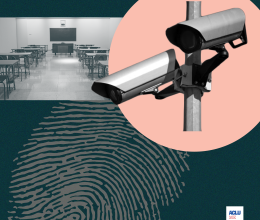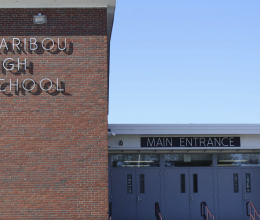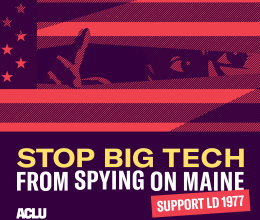We received very good news today out of Washington when a federal judge ruled that the National Security Agency’s phone collection program is likely unconstitutional. Although the ruling is stayed pending appeal, the message from the bench was clear and we’re hopeful this is a sign of even bigger things to come in the legal fight over mass government surveillance.
The NSA’s mass collection of Americans’ phone records has been challenged in several different lawsuits over the past few months, most notably the ACLU’s own case arguing that the program violates the right of privacy protected by the Fourth Amendment as well as the First Amendment rights of free speech and association.
In ruling today that the NSA’s program might be unconstitutional, Judge Richard Leon was highly skeptical of the government’s argument that national security concerns outweighed the right to privacy. In no uncertain terms he said, “I cannot imagine a more ‘indiscriminate’ and ‘arbitrary invasion’ than this systematic and high-tech collection and retention of personal data on virtually every single citizen for purposes of querying it and analyzing it without judicial approval.”
The courts can and should strike down these programs as unconstitutional. The NSA has attempted to justify their spying under Section 215 of the Patriot Act, but their program far exceeds that authority. The Fourth Amendment is clear in its protection against unreasonable searches and seizures, and it is hard to imagine something more unreasonable than mass surveillance of all Americans without a warrant and without any individual suspicion of wrongdoing.
To learn more about the ACLU’s work challenging the NSA spying program, click here. We’ll keep updating you in the weeks and months ahead as all of these different legal challenges work their way through the court system.








